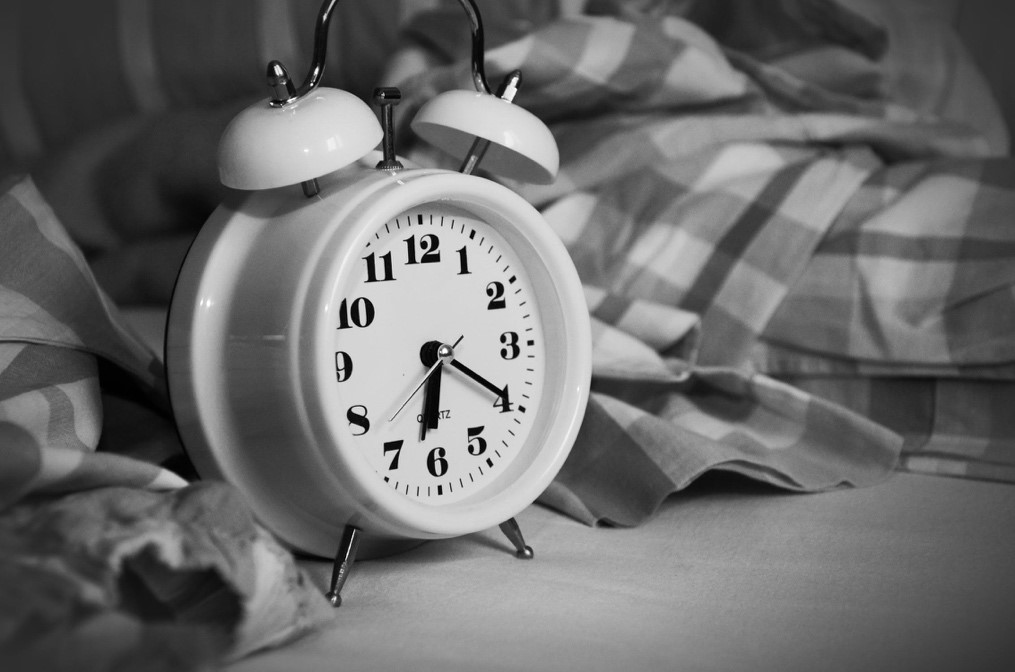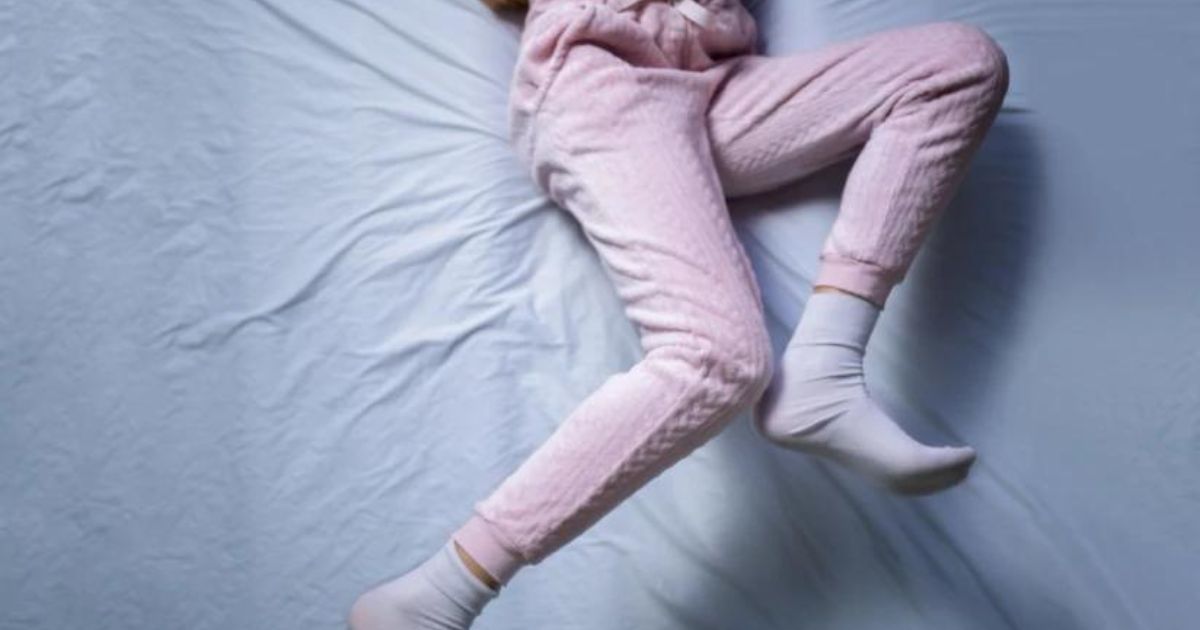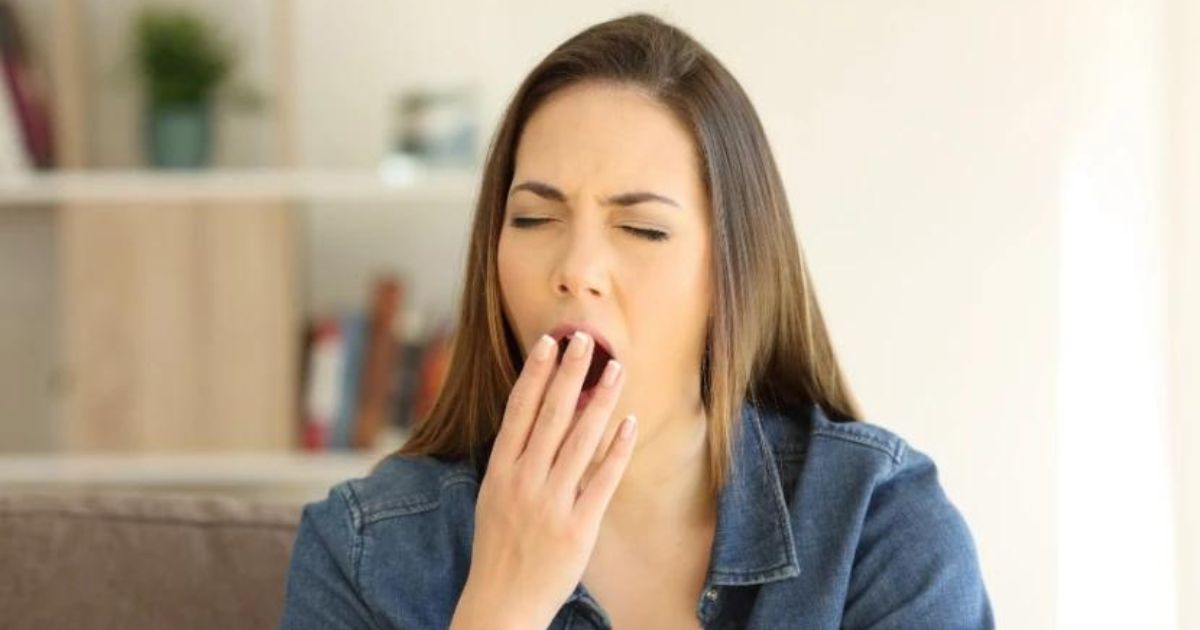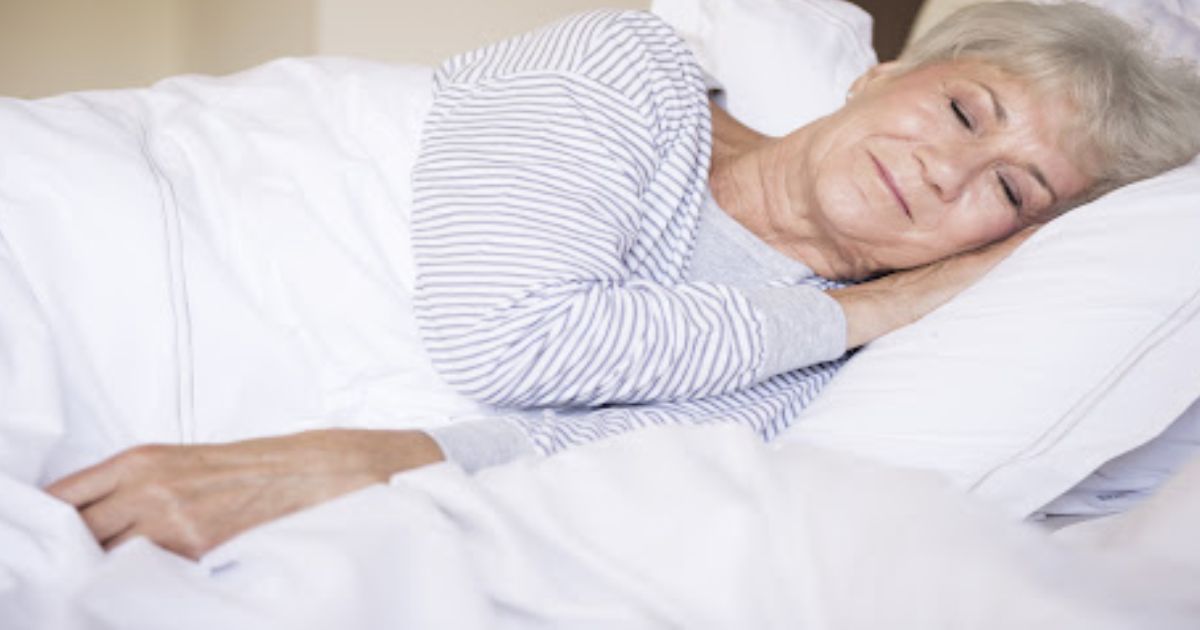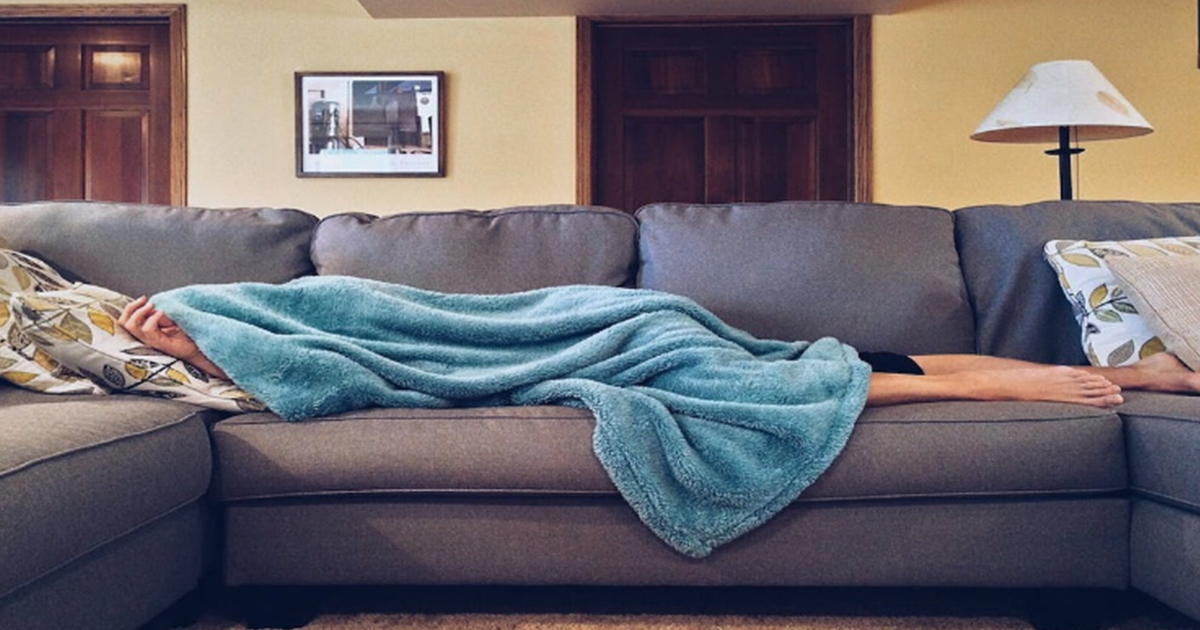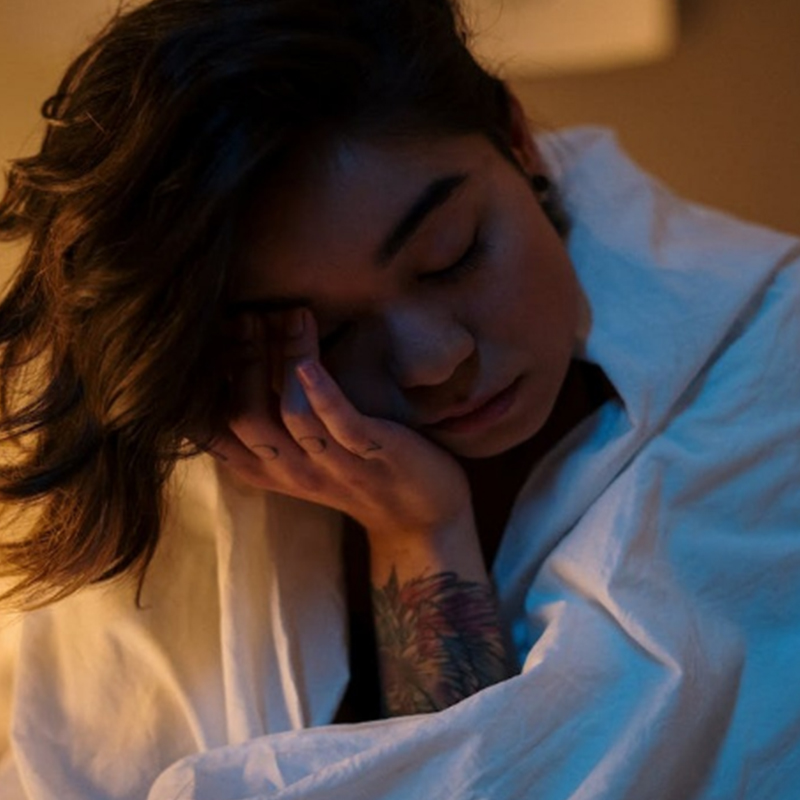When it comes to following certain sleep myths, ignorance does not equal bedtime bliss. Many of the common sleep myths out there won’t do anything to help your sleep struggles. In fact, they may even hinder you from finding a solution to treatable sleep disorders like insomnia. Here, we debunk 7 common sleep myths that could be contributing to your bedtime woes.
1. Snoring is annoying, but it’s nothing to worry about.
While snoring is often harmless, it can also be a symptom of a dangerous sleep disorder called sleep apnea. With sleep apnea, people experience pauses in their breathing while asleep. They wake up throughout the night gasping for air, and they typically experience daytime sleepiness. Consult a sleep specialist if you or your partner snore loudly, especially if gaps in breathing have been noticed.
2. You can catch up on sleep on the weekends.
It can be very tempting to sleep in late on the weekends to try to catch up on sleep. The problem is, it can backfire on you come Monday morning. Keeping a regular sleep schedule seven days a week is an important aspect of good sleep hygiene. It can help people suffering from insomnia by helping them fall asleep more easily at night.
3. Having a glass of wine before bed will help you fall asleep.
Having a cocktail in the evening may make you feel sleepy at first. But it will probably cause your sleep to be fragmented and less restful. Studies have shown that alcohol reduces the amount of restorative REM sleep that you get at night.
4. The older you get, the less sleep you need.
The National Sleep Foundation recommends that the average adult should get between seven and nine hours of sleep each night. Our sleep patterns may change as we age, but the amount of sleep we need typically remains the same.
5. If you don’t have trouble falling asleep, you don’t have insomnia.
Having a hard time falling asleep is just one of the symptoms of insomnia. Other signs include waking frequently throughout the night, waking too early, difficulty falling back asleep and waking unrefreshed. Insomnia may be a symptom of a sleep disorder or another medical condition, so it’s important to talk to your physician about it. There are many treatment options available.
6. A warm room with heavy blankets will help you sleep.
Bundling up under a thick duvet will not help you fall asleep faster. In fact, it’s cooler temperatures that help the body prepare for sleep. The suggested temperature for optimal sleep is 60 to 67 degrees Fahrenheit. Keeping your bedroom too warm can lead to disrupted sleep and decrease the amount of REM sleep you get.
7. If you wake in the middle of the night, it’s best to stay in bed and count sheep.
One of the symptoms of insomnia is waking in the middle of the night and not being able to fall back to sleep. You might try some relaxing thoughts and imagery, but counting sheep isn’t likely to help. If you don’t fall asleep within 15 to 20 minutes, many sleep experts suggest going into another room and doing something relaxing like reading. Avoid watching the clock, and return to bed when you feel sleepy.
At Jacksonville Sleep Center, we know that dealing with sleep disorders can disrupt every aspect of your life. By busting common sleep myths, we hope you’re on your way to a better night’s sleep. If you’re suffering from a sleep disorder, contact us at (904) 854-6899 to schedule an appointment.
Sources:
https://sleepfoundation.org/sleep-disorders-problems/other-sleep-disorders/snoring
http://onlinelibrary.wiley.com/doi/10.1111/acer.12006/abstract
https://sleepfoundation.org/press-release/national-sleep-foundation-recommends-new-sleep-times
https://sleep.org/articles/temperature-for-sleep/

